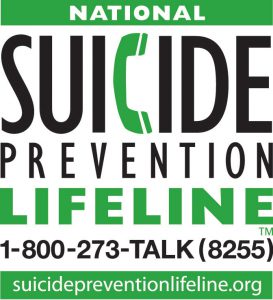By Irving Schattner, LCSW, Psychotherapist
Counseling Center for Growth and Recovery
As a psychotherapist in private practice, many, if not most, of my clients at one time or another presented with various levels of depressed mood. Represented on one end of the spectrum are those persons who suffer with “sadness” due to various life challenges. These persons may have some insight into what ails them, but need a supportive nudge to get them moving in a positive direction. On the other end of the extreme are persons who present with confusion, helplessness and hopelessness.
They are stuck in a fog of gloom and doom from which they see no way out. They tend to perceive negative criticism as intolerable, and also engage in self-destructive thoughts and behaviors which foment negative self-appraisal. They may think of themselves as “not from this world” related to feelings of alienation and disconnection from others. Thinking of themselves as different or unworthy of the simple pleasures and achievements of life, they wrap themselves in cloaks of secrecy and isolation to escape their misery. Their distrust and fear of engagement may provide temporary respite from the storm outside, while inside there’s a more insidious “storm” brewing.
Getting help with depression before it’s too late
It is the self-pity, self-degradation and dishonoring of self that feeds into the very core of one’s being, as one’s mental filter sees only misery, loathing and contempt, and resignation that things will never get better. Concurrent with this state of being are random, sometimes persistent, thoughts of ending one’s suffering by ending one’s life. This alternative scenario may be played out on a daily basis until, finally, one sees no other way out.
As a clinician who has dedicated himself to helping people gain “freedom from depression,” I’ve been witness to the life-changing, life-affirming effects of a supportive and collaborative psychotherapeutic approach through depression therapy. I’ve seen clients shift from hopelessness and helplessness to one of hope, courage and resolve. The road ahead may feel scary and bumpy, but what have you got to lose except your “misery.” There is help, but you have to ask for it. If you had diabetes or a heart problem, or any medical problem for that matter, you would most likely seek a professional in that field.
Why depression therapy?
So, when it comes to your mental health and, ultimately, your life, what’s holding you back from getting that same help from a trained mental health professional? You can choose to no longer suffer in silence. You can gain real freedom from depression to live a life of joy, purpose and direction. Take that first courageous step by asking for help and you’ll see your life improve in immeasurable ways. Every session with your psychotherapist will unlock the keys to finding happiness and hiding the darkness that comes with major depressive disorders.
Photo Credit: Pixabay




